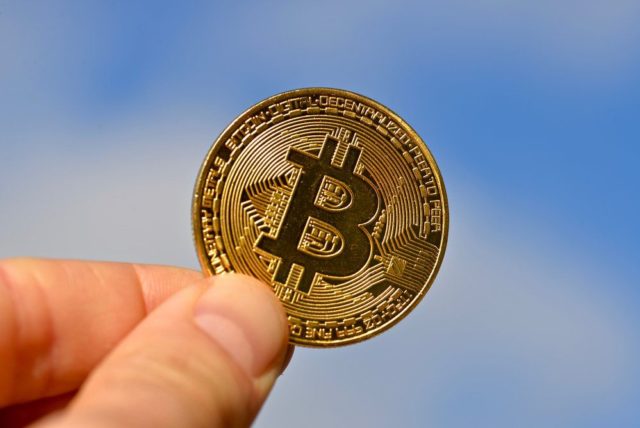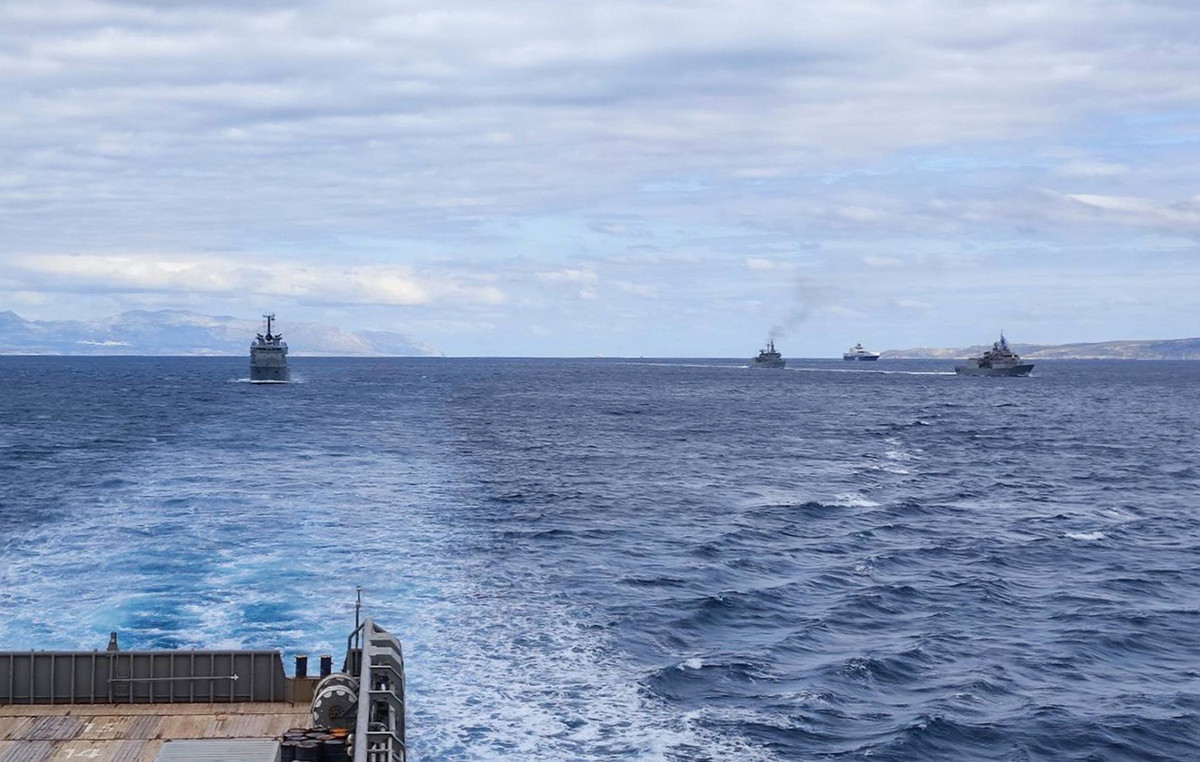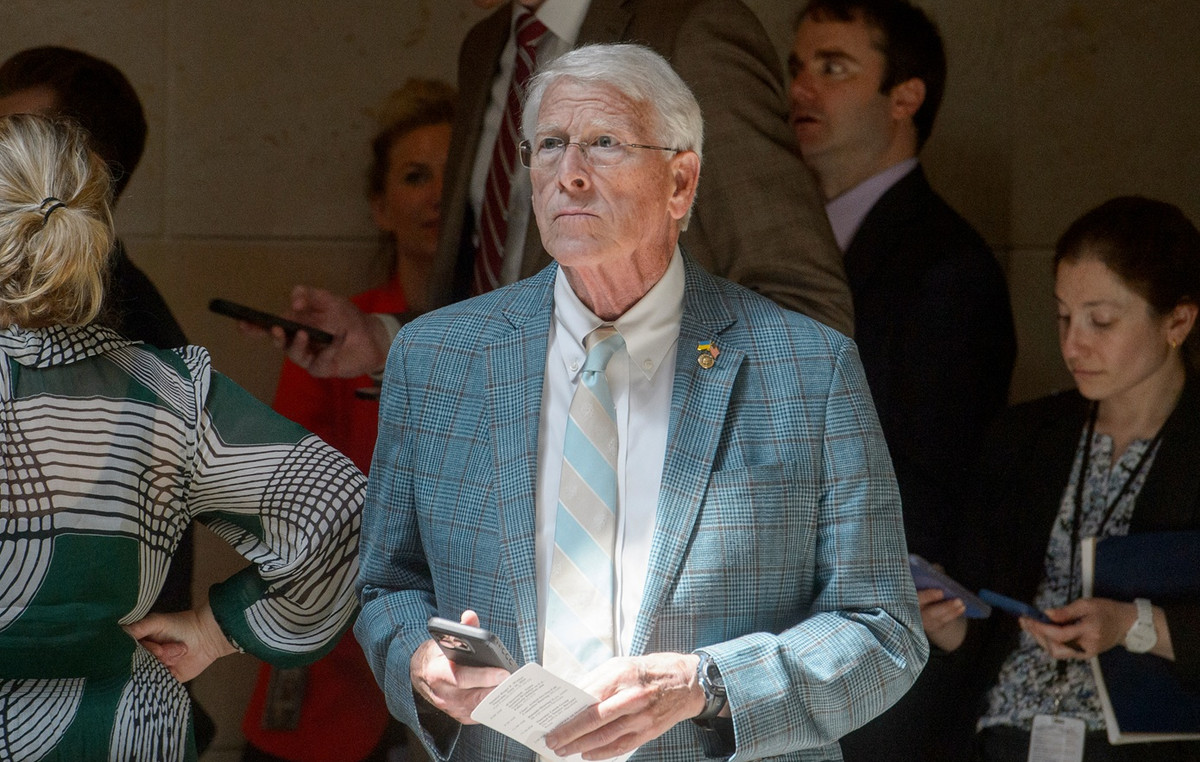Italy, the country most affected by migratory pressure in Europe, is discussing strategies to resolve the influx of refugees seeking asylum via the Mediterranean.
In the most recent episode of the “never-ending crisis”, the island of Lampedusa, in Italy, which has less than seven thousand inhabitants, received seven thousand immigrants in two days. The number alarmed the mayor, who called Rome and warned that the “problem had reached a point of no return.”
Under pressure, the Italian Prime Minister, Giorgia Meloni, has taken tough stances in recent days. Before speaking at the UN General Assembly, she said she “will not let Italy become Europe’s refugee camp.”
In his speech, he called for a “global war” against human trafficking. “Criminal networks take advantage of the desperation of millions to easily pocket billions. They sell trips to Europe with catalogs as if they worked in a travel agency. But the trips, and the catalogs don’t show this, often lead to a grave at the bottom of the Mediterranean Sea”, stated Meloni, on Wednesday (20).
The Italian Prime Minister wrote to the President of the European Council, Charles Michel, to discuss the issue of immigration at the next European Union summit in October.
The most affected countries, such as Italy, Greece and Spain, want a fairer division of refugees among the bloc.
“The promise of firmness against immigrants earned Giorgia Meloni 27% of the vote. The arrival of immigrants was her main electoral attraction. The problem is that the context of North Africa pushed these people increasingly towards Italy”, says Professor of International Relations, Leonardo Trevisan, from ESPM.
The UN Refugee Agency representative for Italy, Chiara Cardoletti, classified the situation in Lampedusa as “critical” and said that removing people from the Italian island must be an “absolute priority”.
Despite this, the relocation of refugees faces resistance from other European countries. “France will not receive immigrants from Lampedusa. France wants a firm position. There is a lot of irregular immigration in Europe, in France and Italy, which needs to be combated. And it is not by welcoming more people that we will dry up the flow,” said French Interior Minister Gerald Darmanin in an interview with French network TF1.
The French suggestion is to deport back to Africa all those who do not meet the necessary requirements to request an asylum visa for sexual, religious or political persecution.
Pope Francis arrived this Friday (22) in Marseille, France, saying that the Mediterranean immigrant crisis is “a terrible lack of humanity”. The pontiff is expected to address the issue during meetings with French authorities, including President Emmanuel Macron.
Without citing the Lampedusa case, German Interior Minister Nancy Faeser said the country needs to restrict illegal immigration because the “numbers are exploding.” The position came after accusations from conservative parties that the government does enough. At the end of August, asylum applications in the country rose 78% compared to last year.
Countries like Hungary increasingly want to restrict entry. On October 2, the Hungarian government will hold a referendum for the population to answer whether they agree to receive immigrants as part of the bloc’s refugee distribution plan.
The recent wave of refugees in the Mediterranean is mainly made up of people fleeing political instability in Tunisia. Before that, the majority left Libya, a country that has been in the midst of political chaos and a humanitarian crisis for years.
In September, the northern region of the country was devastated by a major flood. The lack of a central government and, consequently, of an effective inspection network turns the Libyan coast into the exit point most used by human traffickers.
See also: Deaths after rains in Libya could exceed 20 thousand
data-youtube-width=”500px” data-youtube-height=”281px” data-youtube-ui=”international” data-youtube-play=”” data-youtube-mute=”0″ data-youtube-id= “pkYTxrQnRtU”
Last year, Italy tightened the rules for the operations of humanitarian organization ships that sail in the Mediterranean in search of migrants in danger.
According to the norm, after a rescue, vessels must immediately look for a port to take the immigrants, that is, they must not remain at sea in search of more people to save. The penalty for non-compliance is the seizure of the NGO’s ship, something that has happened a few times.
Due to increased inspection by the Italian Coast Guard, human traffickers board immigrants in increasingly smaller boats, which are often unable to complete the crossing on the high seas.
News of shipwrecks with few or no survivors is almost daily. Nothing indicates that this will change soon.
*With information from Reuters
Source: CNN Brasil
Bruce Belcher is a seasoned author with over 5 years of experience in world news. He writes for online news websites and provides in-depth analysis on the world stock market. Bruce is known for his insightful perspectives and commitment to keeping the public informed.







